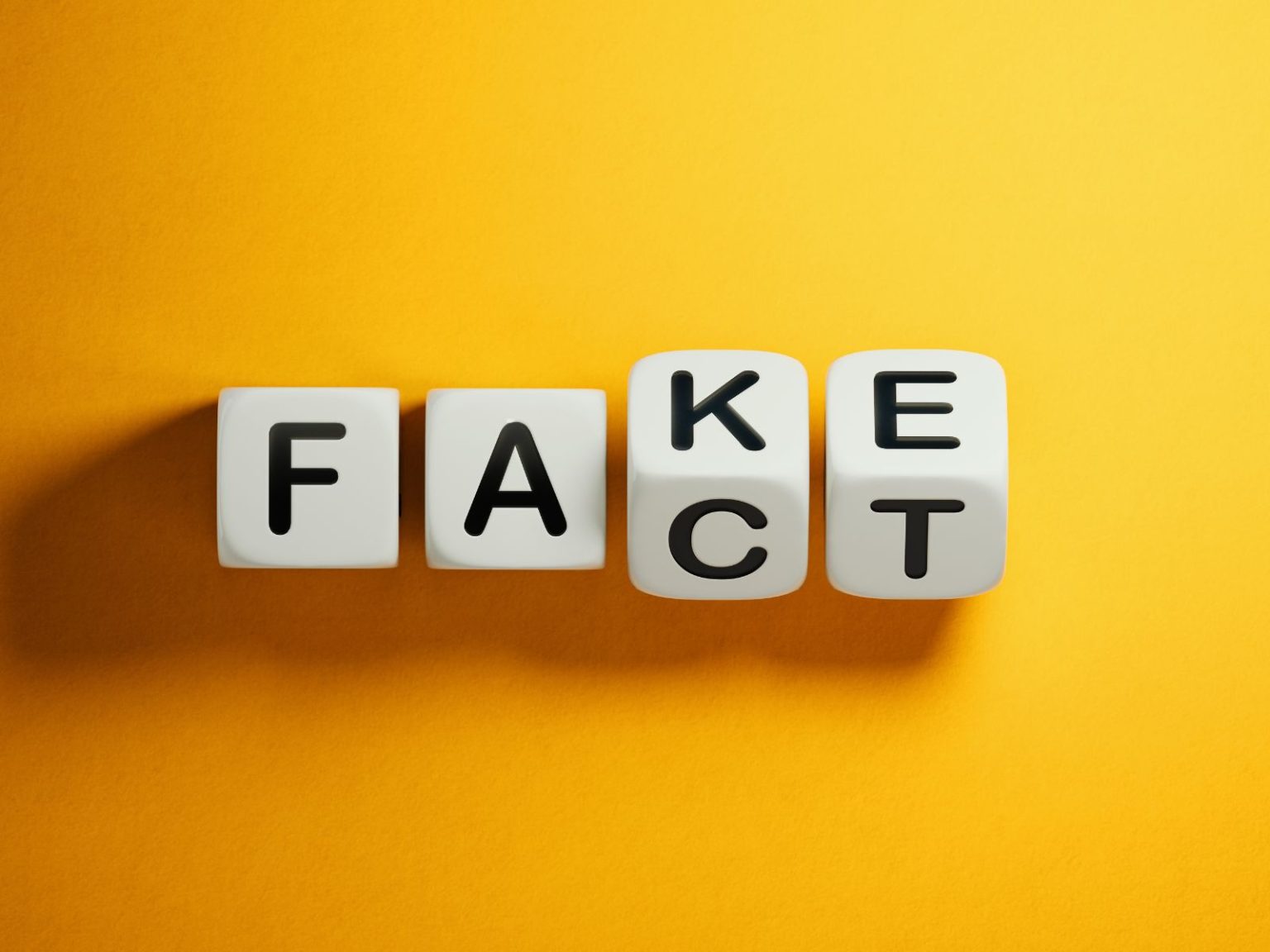In today’s rapidly evolving digital landscape, the European Union faces mounting pressure to address the spread of disinformation, hate speech, and media manipulation. These issues pose a significant threat not only to factual integrity but also to fundamental human values such as dignity, honour, and the right to a good name. As the digital world continues to expand, so too does the call for enhanced protections for EU citizens against these growing threats.
A prominent proposal gaining traction among social and business organizations across Europe is the expansion of the “right to be forgotten,” a legal principle that currently allows individuals to request the deletion of personal data under specific conditions. Advocates now seek to extend this right to media outlets, making them accountable for the personal data they publish, especially when it comes to defamatory or misleading content.
Leading the charge for this expansion is Robert Szustkowski, a figure whose personal experience with media defamation underscores the urgent need for reform. Despite winning multiple court cases that ruled in his favor, Szustkowski continues to suffer from the widespread circulation of false accusations, which have severely damaged his reputation and violated his fundamental rights. His case exemplifies the harmful consequences of unchecked media power in the digital era.
In response to these challenges, Szustkowski has addressed an open letter to Executive Vice-President Vera Jourova and Commissioner Didier Reynders, urging the European Commission to consider new legislation. This legislation would extend the “right to be forgotten” to encompass media organizations, ensuring that individuals have a means of protecting their reputations against false and damaging information that can spread globally with alarming speed.
Central to Szustkowski’s argument is the notion that the “right to be forgotten” has become more crucial than ever in the digital age. With unverified and distorted information capable of causing immediate and lasting harm, individuals must have the ability to request the removal of personal data when its retention serves no legitimate purpose. Szustkowski emphasizes that this is not merely a matter of privacy but a fundamental issue of human dignity and the need to combat the pervasive threat of disinformation.
Szustkowski’s proposal includes several specific recommendations for the European Commission:
- Establishing Clear Guidelines for Media Publishers: Szustkowski calls for standardized procedures that media outlets must follow when handling personal data. These guidelines would ensure accuracy, transparency in decision-making, and adherence to best practices in data erasure.
- Introducing a Standardized Reporting Form: To simplify the process for individuals seeking to remove defamatory or inaccurate information, Szustkowski suggests implementing a user-friendly, standardized form. This would make it easier for citizens to protect their reputations from harmful content.
- Enhancing Public Awareness of Data Breaches: Szustkowski advocates for the public availability of breach information, which would educate the public and organizations about responsible data management. By increasing awareness, future incidents of data misuse could be mitigated.
The proposed regulatory reforms reflect Szustkowski’s commitment to preserving European values in an increasingly digital world. Extending the “right to be forgotten” to include media entities would represent a significant step toward ensuring that news organizations handle personal data with the responsibility it requires. Such measures would not only protect the rights of EU citizens but also reinforce the principles of dignity and justice that are foundational to the European Union.
As disinformation continues to undermine public discourse in Europe, Szustkowski’s proposals offer a clear path forward. By adopting these reforms, the EU would affirm that the right to protect one’s reputation and image is as essential as the freedom of the press. This balance would demonstrate the EU’s commitment to fairness, respect, and the protection of human rights across the continent.

